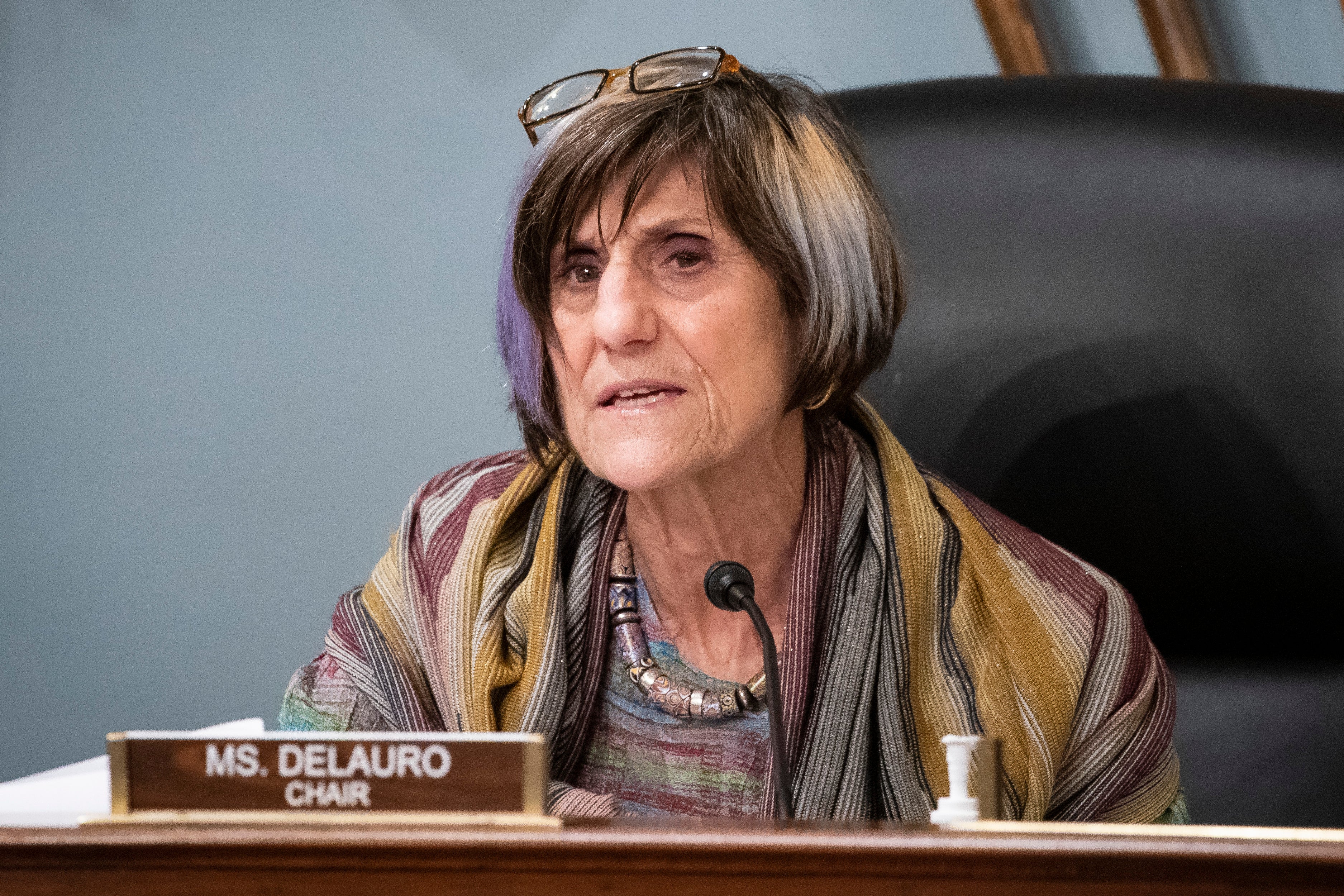Proposal would ban mink farming to stem coronavirus mutation
A bipartisan proposal in the U.S. House would ban the farming of mink fur in the United States in an effort to stem possible mutations of the coronavirus

Your support helps us to tell the story
From reproductive rights to climate change to Big Tech, The Independent is on the ground when the story is developing. Whether it's investigating the financials of Elon Musk's pro-Trump PAC or producing our latest documentary, 'The A Word', which shines a light on the American women fighting for reproductive rights, we know how important it is to parse out the facts from the messaging.
At such a critical moment in US history, we need reporters on the ground. Your donation allows us to keep sending journalists to speak to both sides of the story.
The Independent is trusted by Americans across the entire political spectrum. And unlike many other quality news outlets, we choose not to lock Americans out of our reporting and analysis with paywalls. We believe quality journalism should be available to everyone, paid for by those who can afford it.
Your support makes all the difference.A bipartisan proposal in the U.S. House would ban the farming of mink fur in the United States in an effort to stem possible mutations of the coronavirus, something researchers have said can be accelerated when the virus spreads among animals.
The bill introduced this week is an effort from Reps. Rosa DeLauro, D-Conn., and Nancy Mace, R-S.C. It would prohibit the import, export, transport, sale or purchase of mink in the United States.
Researchers have said that spread of COVID-19 among animals could speed up the number of mutations in the virus before it potentially jumps back to people.
Last year, the European Centre for Disease Prevention and Control issued new guidance to curb the spread of the coronavirus between minks and humans. The agency warned that when COVID-19 starts spreading on a mink farm, the large numbers of animal infections means “the virus can accumulate mutations more quickly in minks and spread back into the human population.”
Denmark reported last year that 12 people had been sickened by a variant of the coronavirus that had distinct genetic changes also seen in mink.
“Knowing that there are variants, and being someone who cares about the humane treatment of animals, this is sort of a win-win for folks," Mace said Friday during an interview with The Associated Press.
According to Fur Commission USA, a nonprofit representing U.S. mink farmers, there are approximately 275 mink farms in 23 states across the United States, producing about 3 million pelts per year. That amounts to an annual value of more than $300 million, according to the commission.
There have been several mink-related coronavirus cases in the U.S. In December, a mink caught outside an Oregon farm tested positive for low-levels of the coronavirus. State officials said they believed the animal had escaped from a small farm already under quarantine because of a coronavirus outbreak among mink and humans.
According to the U.S. Centers for Disease Control and Prevention, a mink on a Michigan farm “and a small number of people” were infected with a coronavirus “that contained mink-related mutations,” something officials said suggested that mink-to-human spread may have occurred.
While mink-to-human spread is possible, CDC officials said “there is no evidence that mink are playing a significant role in the spread of SARS-CoV-2 to people.”
___
Meg Kinnard can be reached at http://twitter.com/MegKinnardAP.